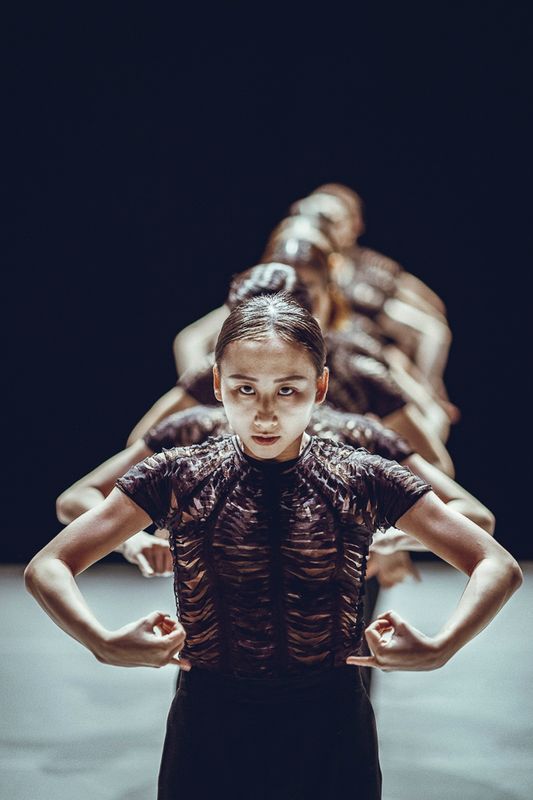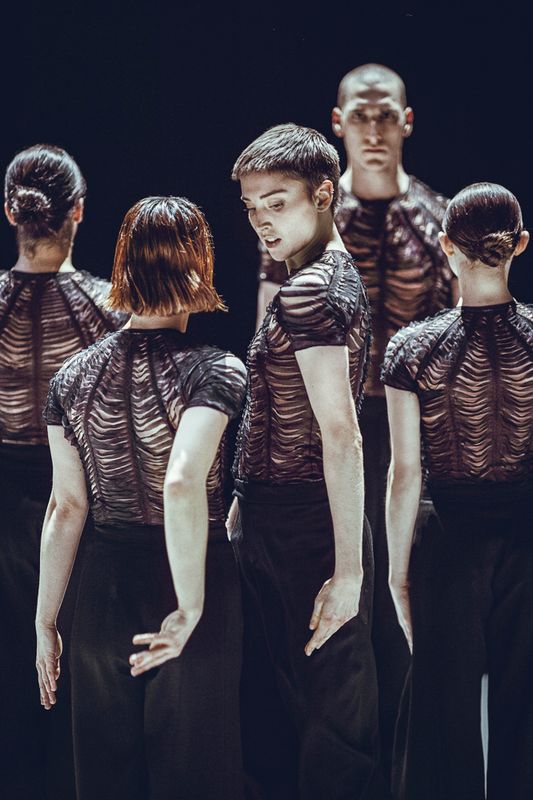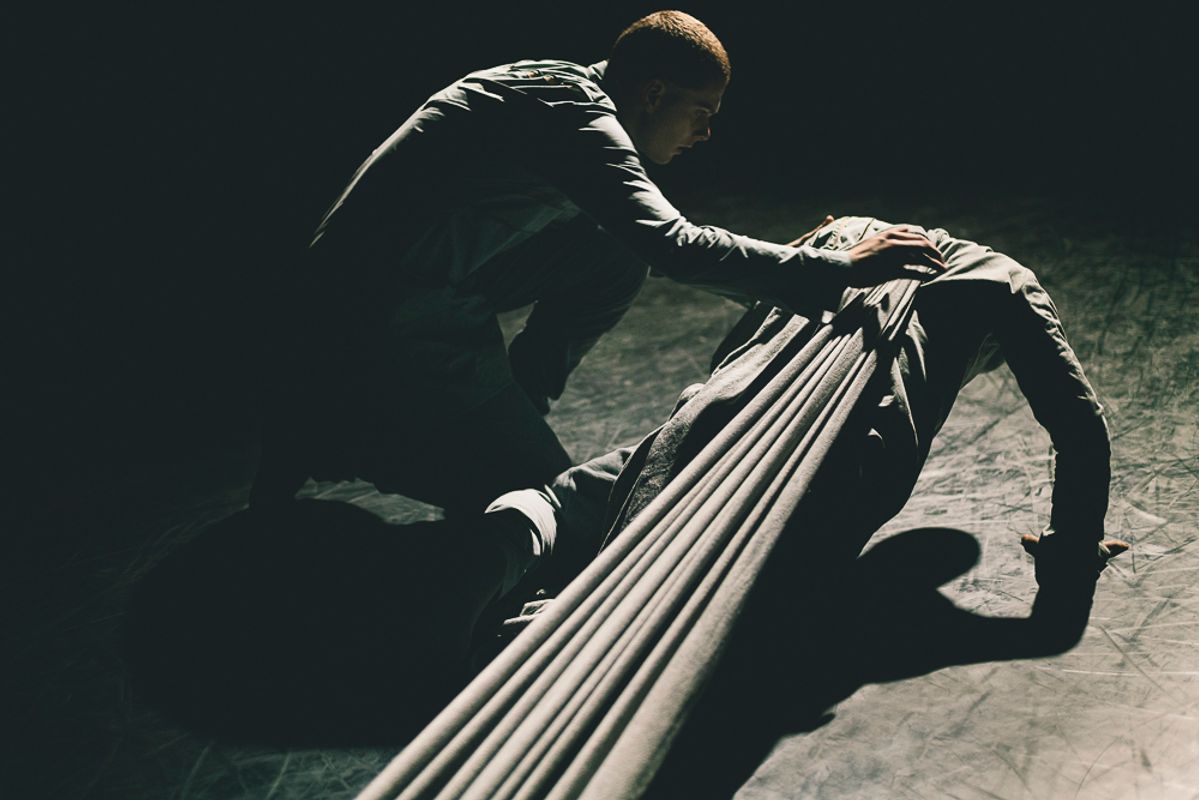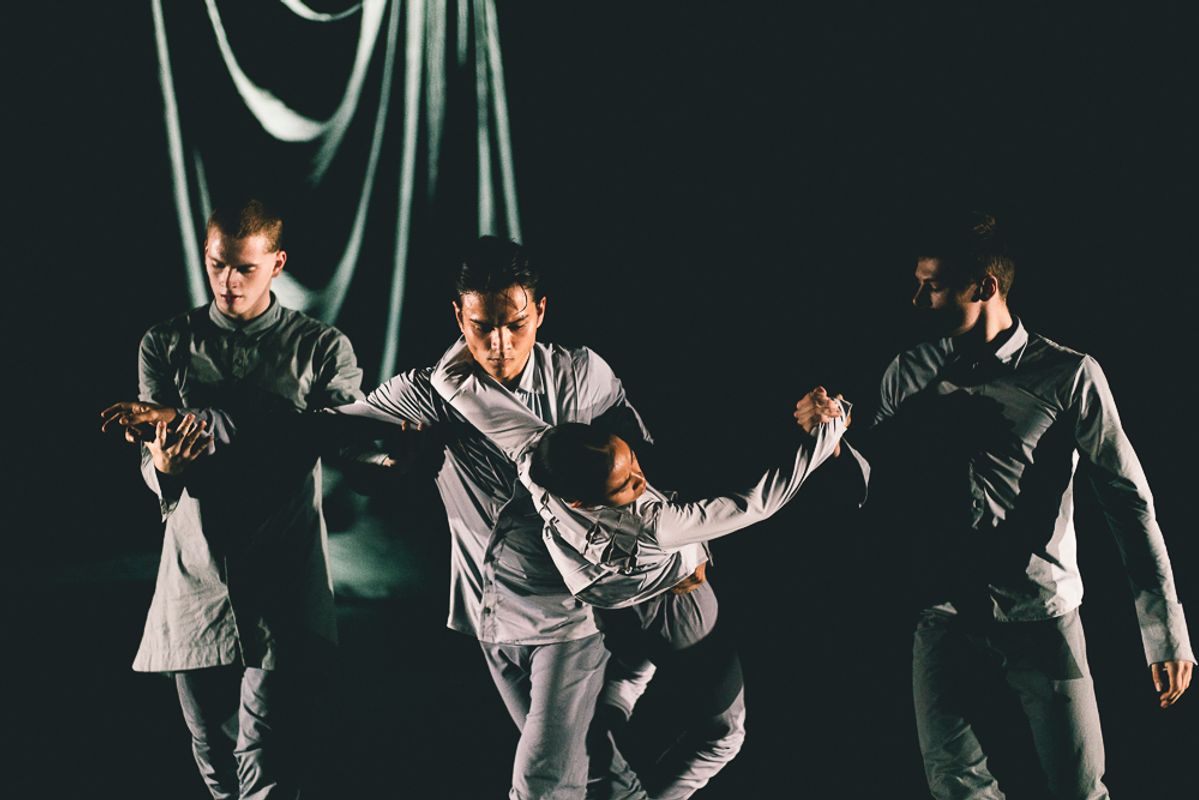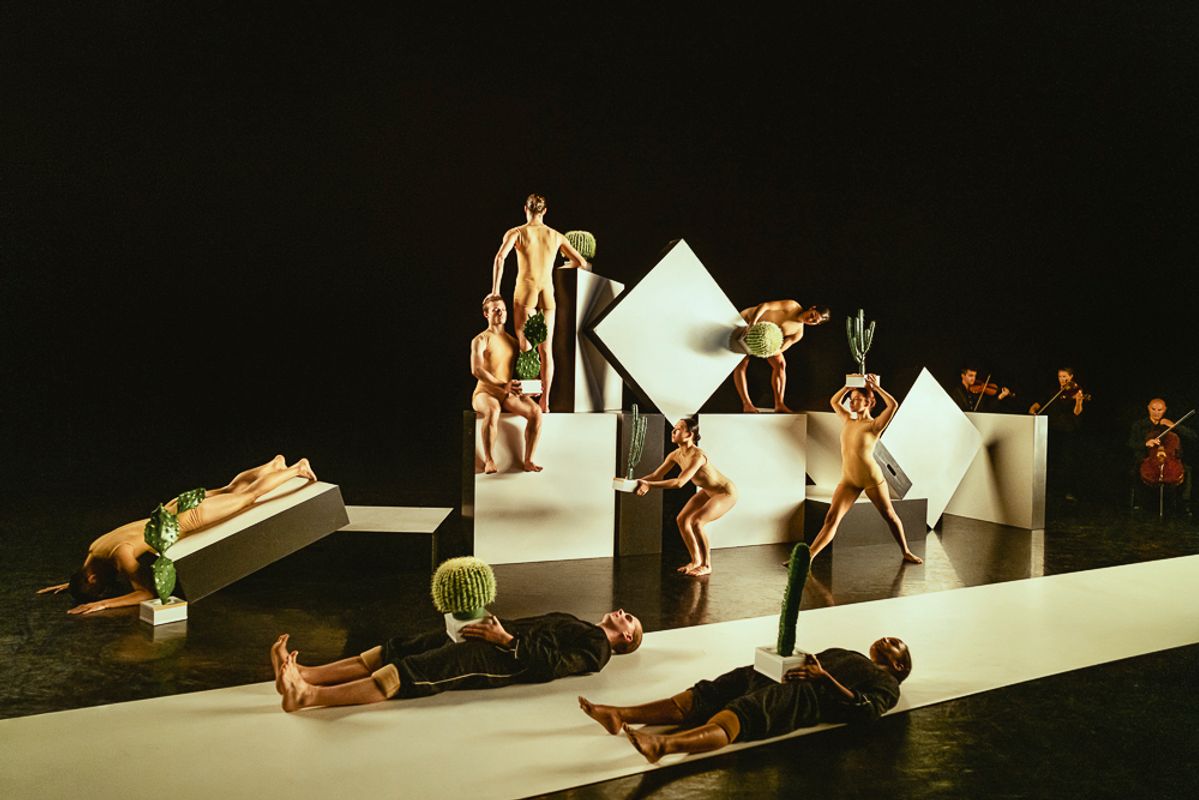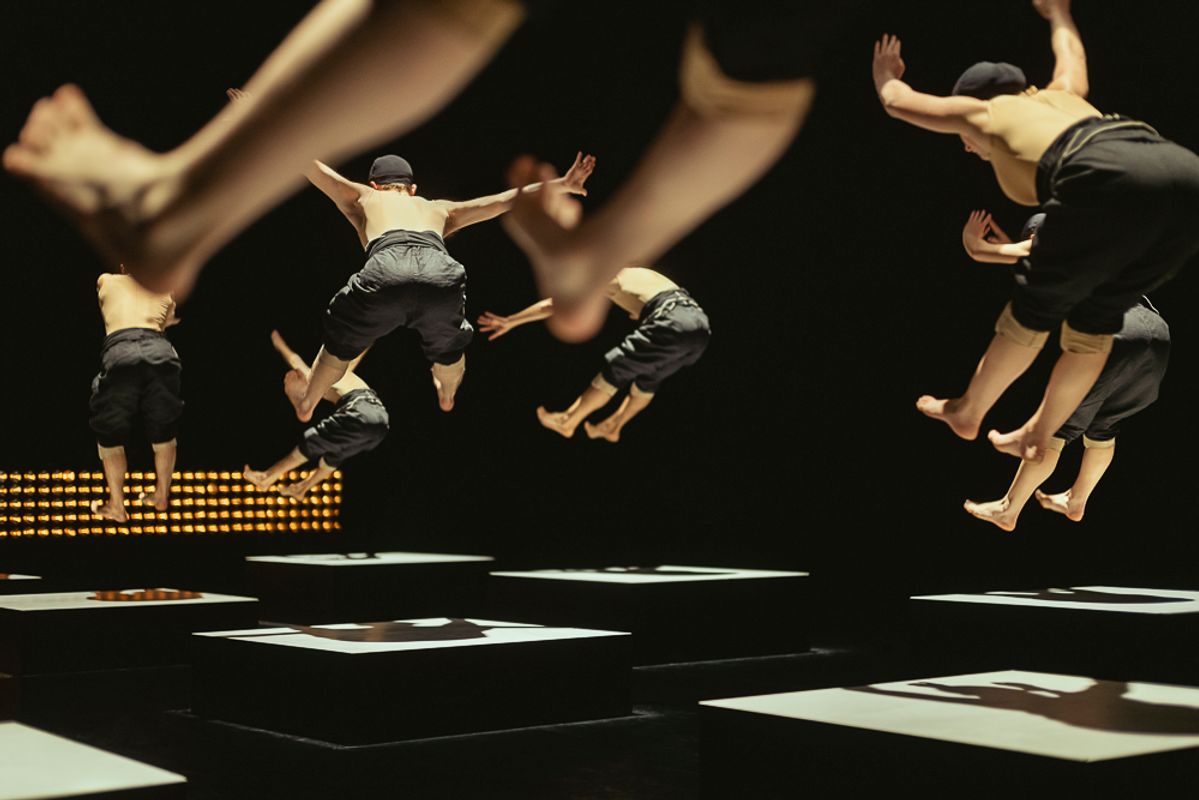Now Here, now always
-
20 dec20:00 - 22:00TR25 Schouwburg, RotterdamGrote zaal
English
Now here, Now always, a triple bill evoking a virtuosity of expression from the dancers of NDT 2, features work by long-time NDT-collaborators Marco Goecke and Alexander Ekman, and a new voice to the company Andrew Skeels.
The Big Crying might be Marco Goecke’s most personal work that begun in the Autumn 2020, shortly after the death of the choreographer’s father. “It is a piece about parting and about everything we have to burn”, says Goecke. The Big Crying’s movement language is angular, drumming and explosive in an overwhelming crossfire to the songs by Tori Amos; nervous, trembling arm movements like fluttering butterfly wings capture the unfathomable emotion of mourning. Due to COVID restrictions the work has not been toured or performed live in the Netherlands and was primarily seen digitally when it premiered in March of 2021. NDT is excited to revisit The Big Crying this season and give larger audiences the opportunity to experience this compelling work in person.
With a rich background in dance and research, Canadian choreographer Andrew Skeels’ abilities are not locked into one style of movement. In his work, Skeels places emphasis on collaboration and seeks for the collision that occurs through imbalance and choreographic structures that are often shaped by breaking points in the body. Many of his works integrate fluid partnering and group work that is developed with masterful precision and interpersonal connection. Skeels is the Artistic Director of Skeels Danse Montréal and has created work for renowned companies and festivals worldwide such as Ballet du Grand Théatre de Geneve and TanzTheater International Festival Hannover. He was the winner of the 2018 Grand Prix de la Critique in Paris, and the 2013 Prix Coup de Coeur du Public in Montreal. This work marks Skeels’ debut with NDT.
When choreographer Alexander Ekman made Cacti in 2010, it was important for him that the work offered both a great amount of humor, as well as a critical note. With Cacti (2010) Ekman amusingly challenges the audience to reflect on modern dance as a higher art form and offers a comment on the experience of what can be labelled as ‘high art’. Sixteen dancers stand trapped on oversized scrabble tiles, as they run, fall, writhe, and try to escape their invisible prisons, only to eventually each acquire a cactus. What does it all mean? Cacti is a gleeful parody of art’s greater excesses. A string quartet situated on stage performs music by Joseph Haydn, Ludwig van Beethoven, and Franz Schubert, while the dancers become the instruments of the quartet, resulting in a rhythmical ensemble. In 2010 Cacti was nominated for a Zwaan Award for ‘most impressive dance production’.
*This programme will be accompanied live by the Dutch Ballet Orchestra.




